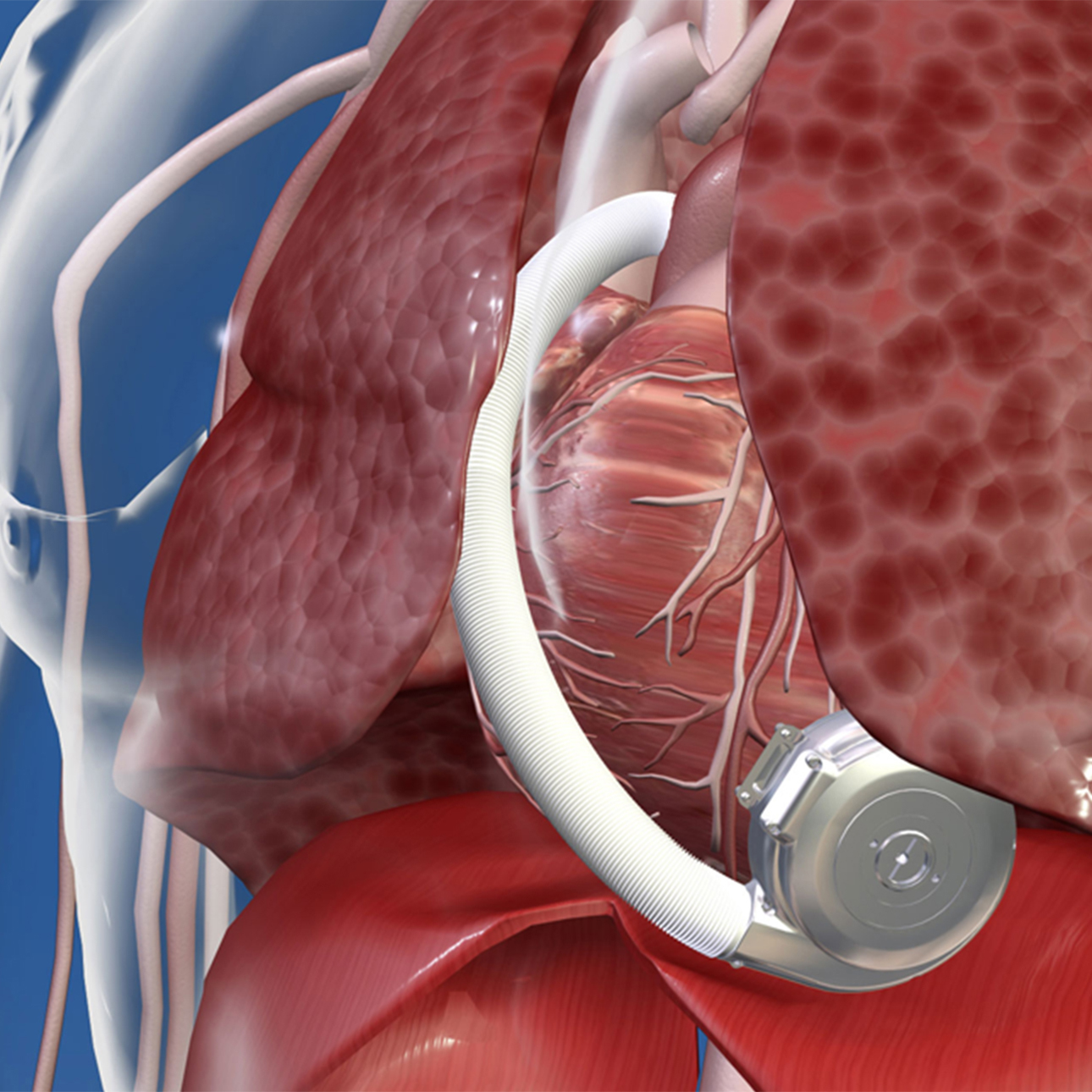
Heart Transplant
Recovery
After your surgery, you will wake up in a special sterile room to ensure that you aren't exposed to infection. Staff and visitors must take measures to make sure that they do not bring in bacteria and infections by scrubbing their hands and wearing protective masks and gowns.
Once you are able to breathe on your own, the ventilator will be removed. However, you will continue to be hooked up to various monitors and catheters for a while. When you are stronger, you may be moved to a more general hospital room.
You will have to take precautions to prevent your exposure to infection for the rest of your life. Much of the rest of your hospital recovery will include education and training about taking care of yourself. This includes learning about the anti-rejection medications you will need to take, how to follow a heart-healthy low-fat diet and other changes.
If you don't have any complications, you will be in the hospital about 10 days.
After the Hospital
Once you leave the hospital, you will need regular follow-up visits to monitor your progress. For the first two months after the transplant, you will need to see your doctor every one to two weeks.
If everything goes well, after six months the visits will cut back to one- or two-month intervals. After a year, these visits may be cut back to three- to six-month intervals. Follow-up care is tracked by computer on a quarterly basis; both routine and crisis visits are monitored for all patients.
You will be able to return to your normal activities gradually. You resume driving a car when your sternum, or breastbone, is fully healed, which takes approximately six weeks. You may return to work after two to three months after the transplant surgery. It generally takes three to six months to fully recover from heart transplant surgery. However, age and previous medical history problems may cause the recovery period to take longer.
UCSF Health medical specialists have reviewed this information. It is for educational purposes only and is not intended to replace the advice of your doctor or other health care provider. We encourage you to discuss any questions or concerns you may have with your provider.
Treatments we specialize in
-

HeartWare
A new type of mechanical pump used to help patients with heart failure is smaller, lighter and more durable.
Learn more -

Ventricular assist device (VAD)
A mechanical pump is implanted in the chest to support heart function and improve blood flow in patients with weak or failing hearts.
Learn more






